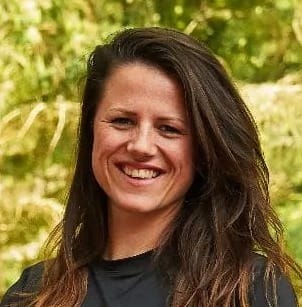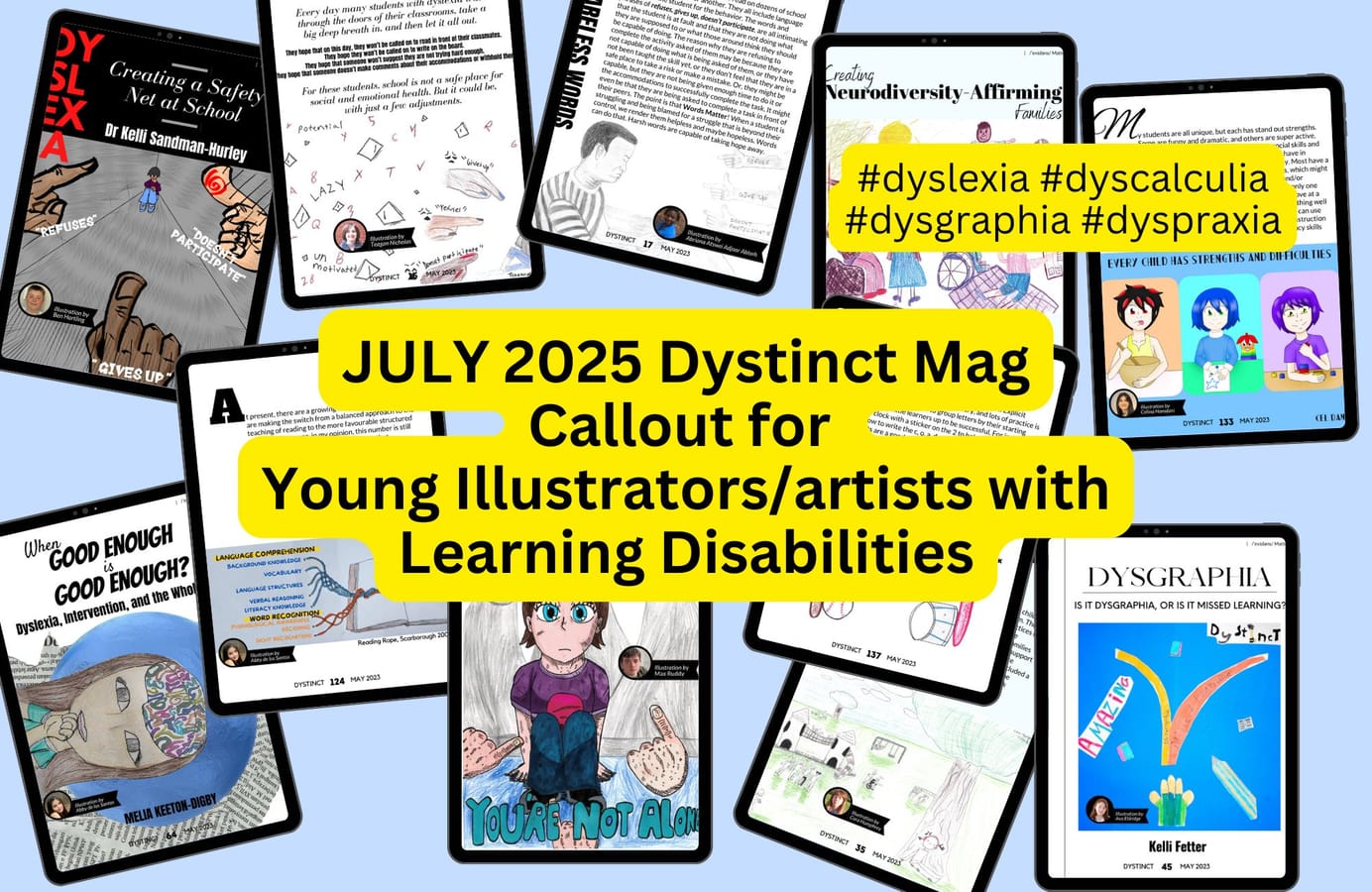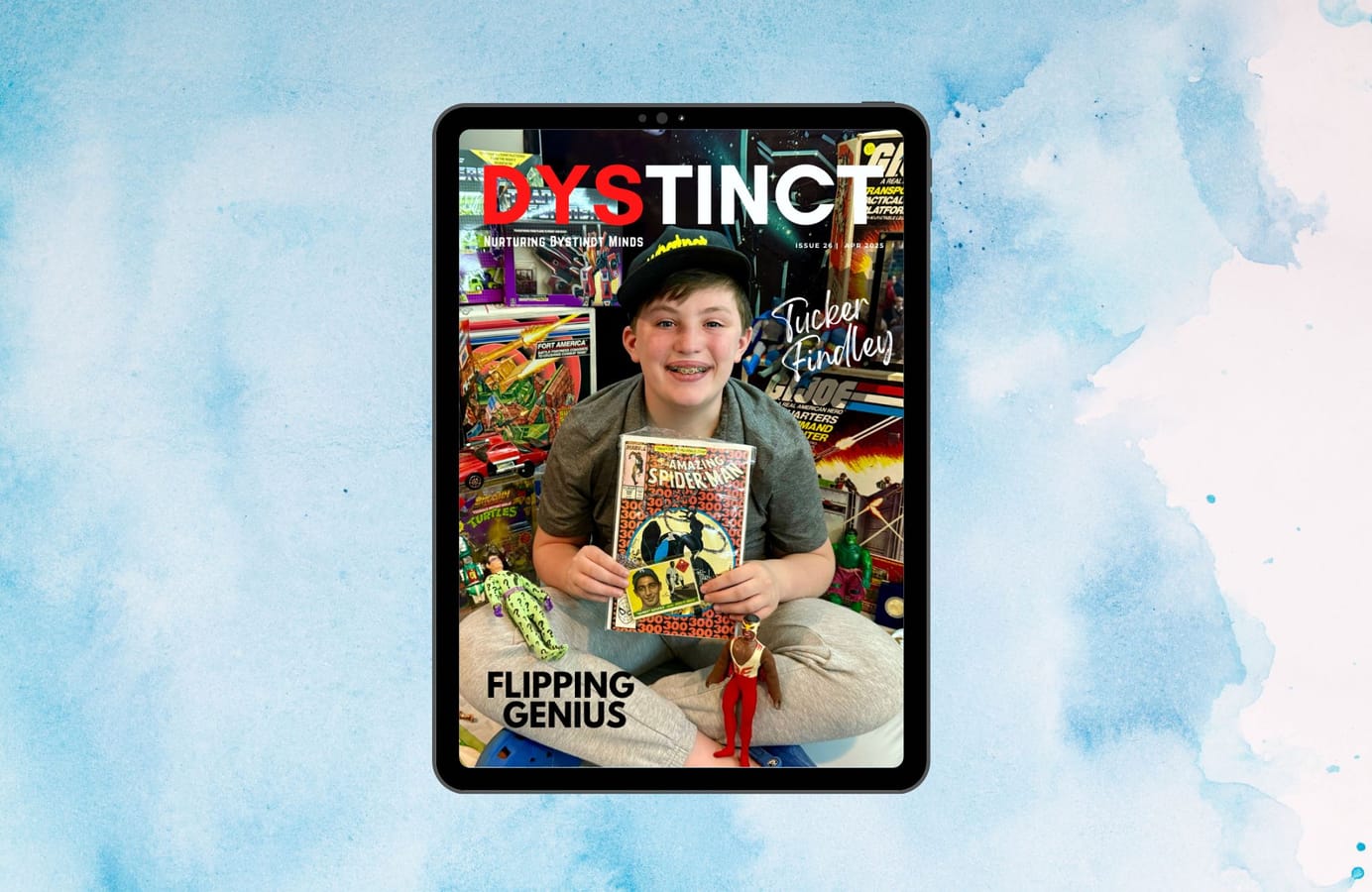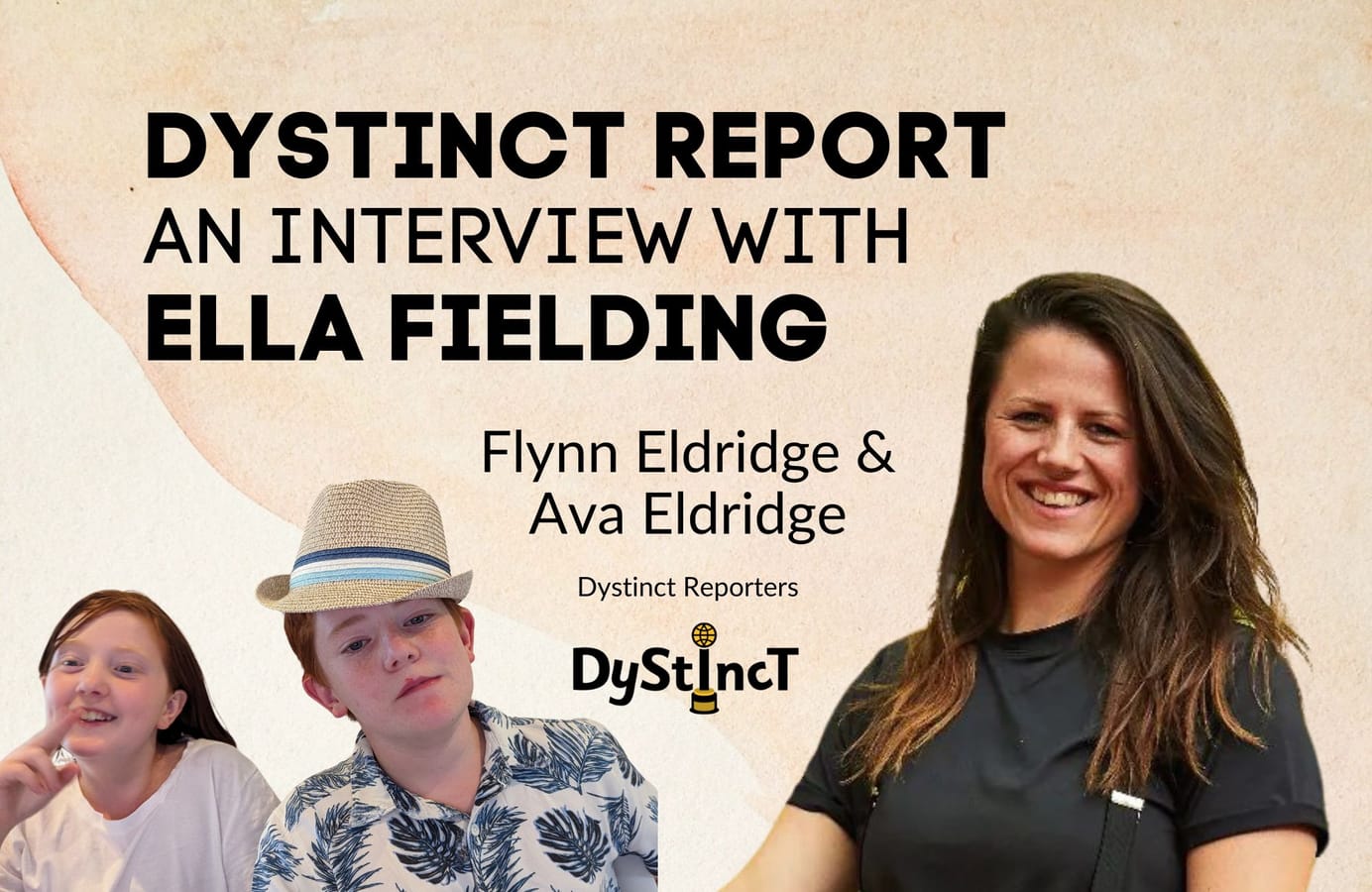
Issue 21: Dystinct Report – Flynn & Ava Eldridge’s Interview with Ella Fielding
Young journalists Flynn and Ava Eldridge have a chat with Surrey and London-based Sculptor/ woodworker and Chainsaw artist, Ella Fielding about her work and life.
Table of Contents
Surrey and London-based artist Ella Fielding discovered her passion for chainsaw carving during the final year of her BA course in Fine Art Sculpture at Camberwell College.
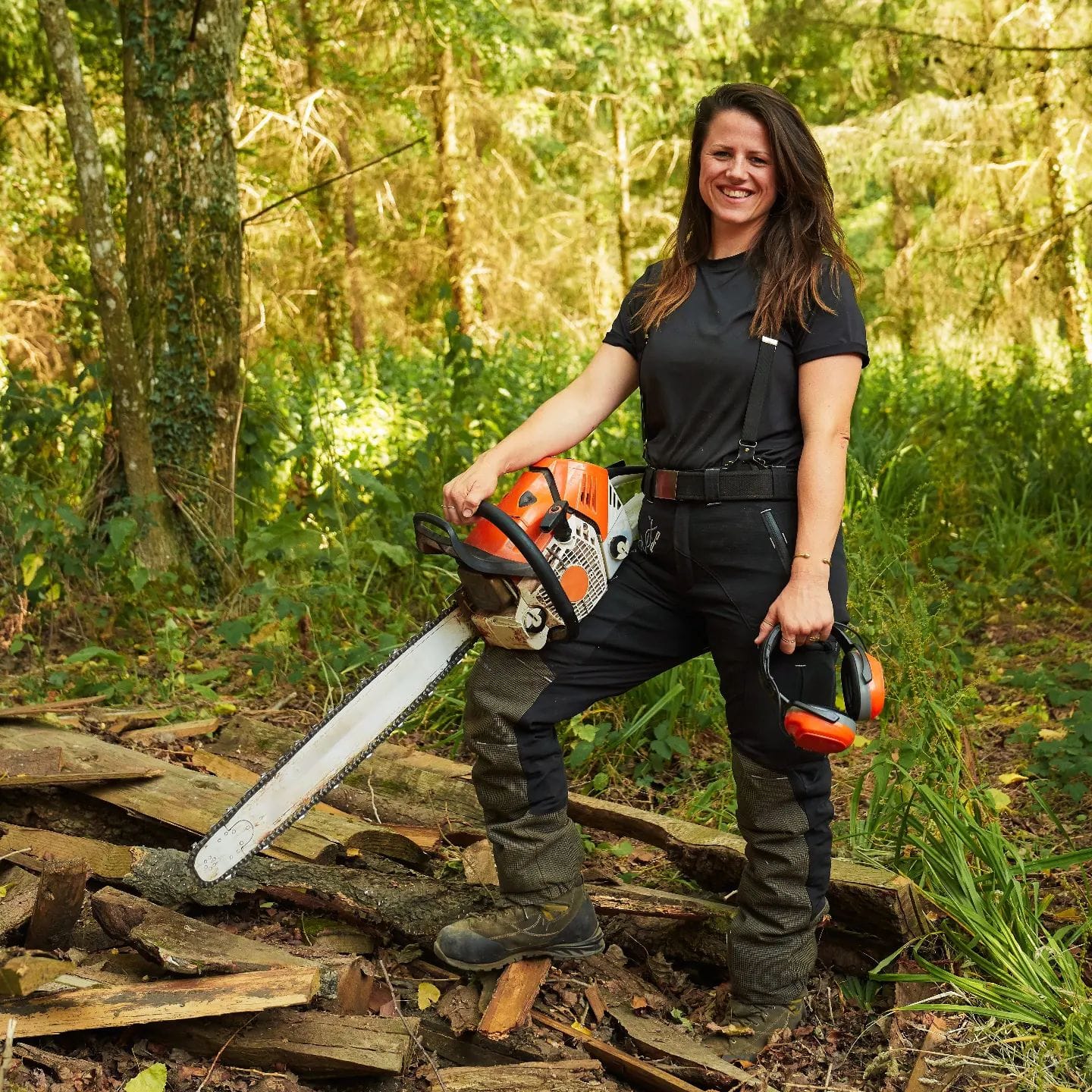
After completing her BA, Ella pursued a Master's degree in Fine Art at the University for the Creative Arts, Farnham. She became a licensed chainsaw operator ensuring her work is both creative and professional. Her dedication to her craft and the unique medium of chainsaw carving has allowed her to make a significant impact on public spaces across the UK.
Dystinct reporters Flynn and Ava Eldridge have a chat with Ella about her sculptures and life.
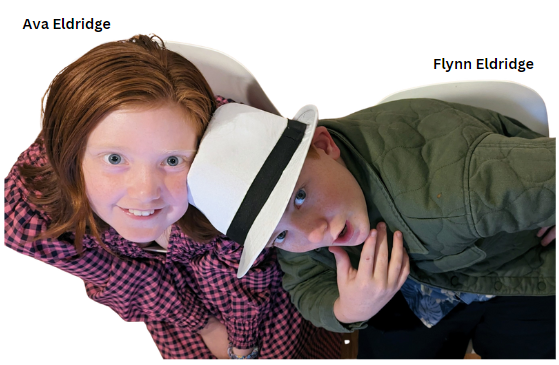
The Interview
The Interview
Dystinct reporter Flynn & Ava Eldridge has a chat with Ella Fielding.
Excerpts from the Interview
Excerpts from the Interview
Ella, what inspired you to start using a chainsaw for art?
I did a degree in fine art sculpture, so we could play with any kind of material and do lots of different things. In my last year, I had to do a long essay called a dissertation. I was allowed to not do that but work with an artist and keep a diary instead. And so I chose to work with an artist. I'd seen somebody working on chainsaw art at a festival I'd been to. I asked them if I could hang out with them and have a go, but I didn't expect to do it myself. But then they said, “Your turn,” and I had a go and was like, “Oh, this is great!” So, me accidentally avoiding a large essay ended up changing my entire career path.
What age did you start?
I was 20.
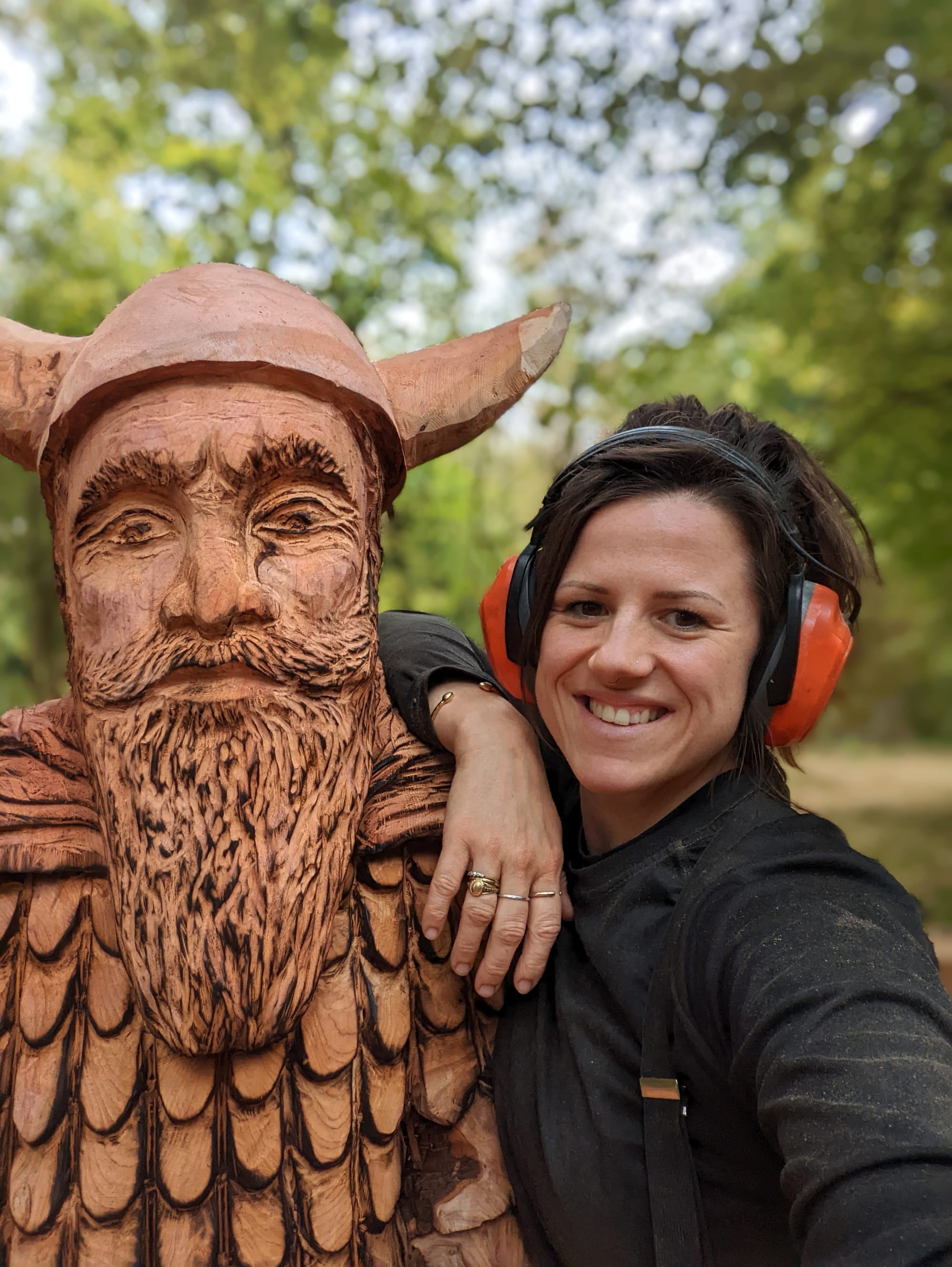
Were you self-taught, or did someone teach you?
I learned alongside somebody, but I wasn't exactly taught because you can't study it, not in the UK anyway. You have to make really, really rubbish things until they stop looking quite so rubbish and eventually look a bit better. And then you can say that you have learned something.
What is your favourite sculpture?
The one that I think of is really simple, but it got my brain going in a completely different direction. Somebody asked me to make something that looks a bit like a very tall, thin blade, but it was more about getting it very smoothly finished and getting the angle right. Once I'd finished, I realised that it was a way of working that I really liked. Quite a lot of my sculptures now have a similar finish to them. So, I think that one was quite an important one.
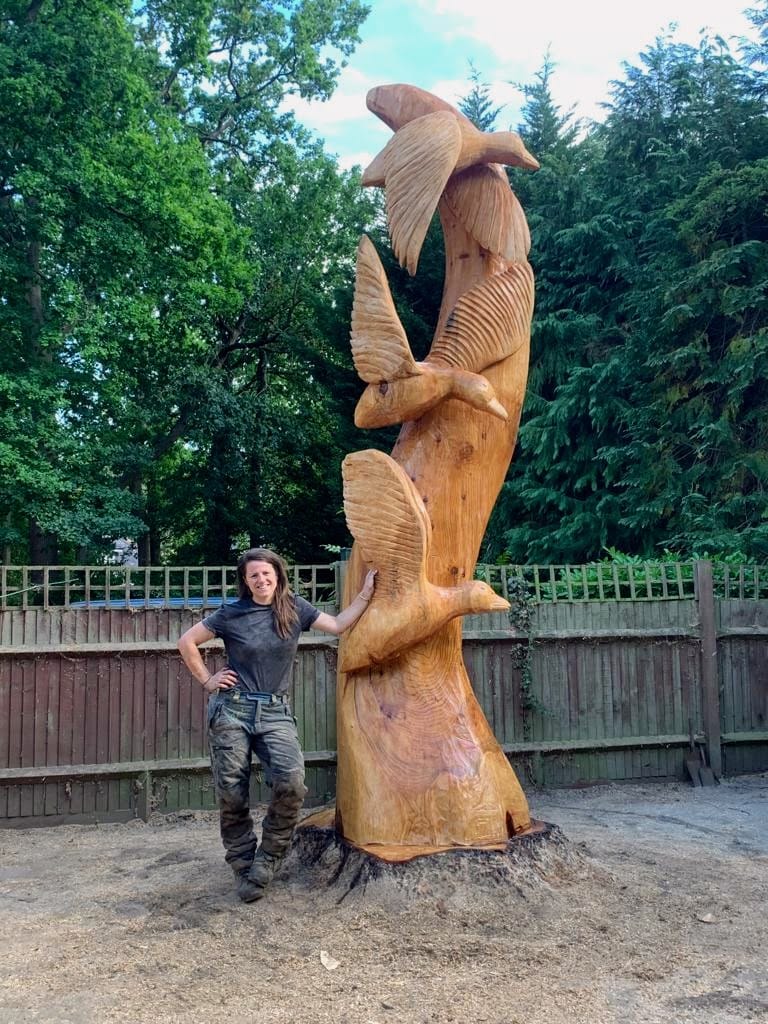
How many sculptures have you made?
I reckon it's got to be well over 300. I'm not entirely sure, but it's going to be at least 300, I would say.
What are the riskiest sculptures you have made?
Well, all of them, to be honest, have a very big element of risk because you're using a chainsaw. But because I wear a lot of safety gear and I know how the chainsaw works and where you should put your head and things, I'm mostly safe. Though there was one sculpture that I made that was very tricky to get to the right place. It involved using a very tall access platform, which was a cherry picker, and then having to lean out quite far with a very long six-foot bar over a river, and that was quite tricky. So, I would say that one was probably the one that made my heart go in my mouth quite a lot.
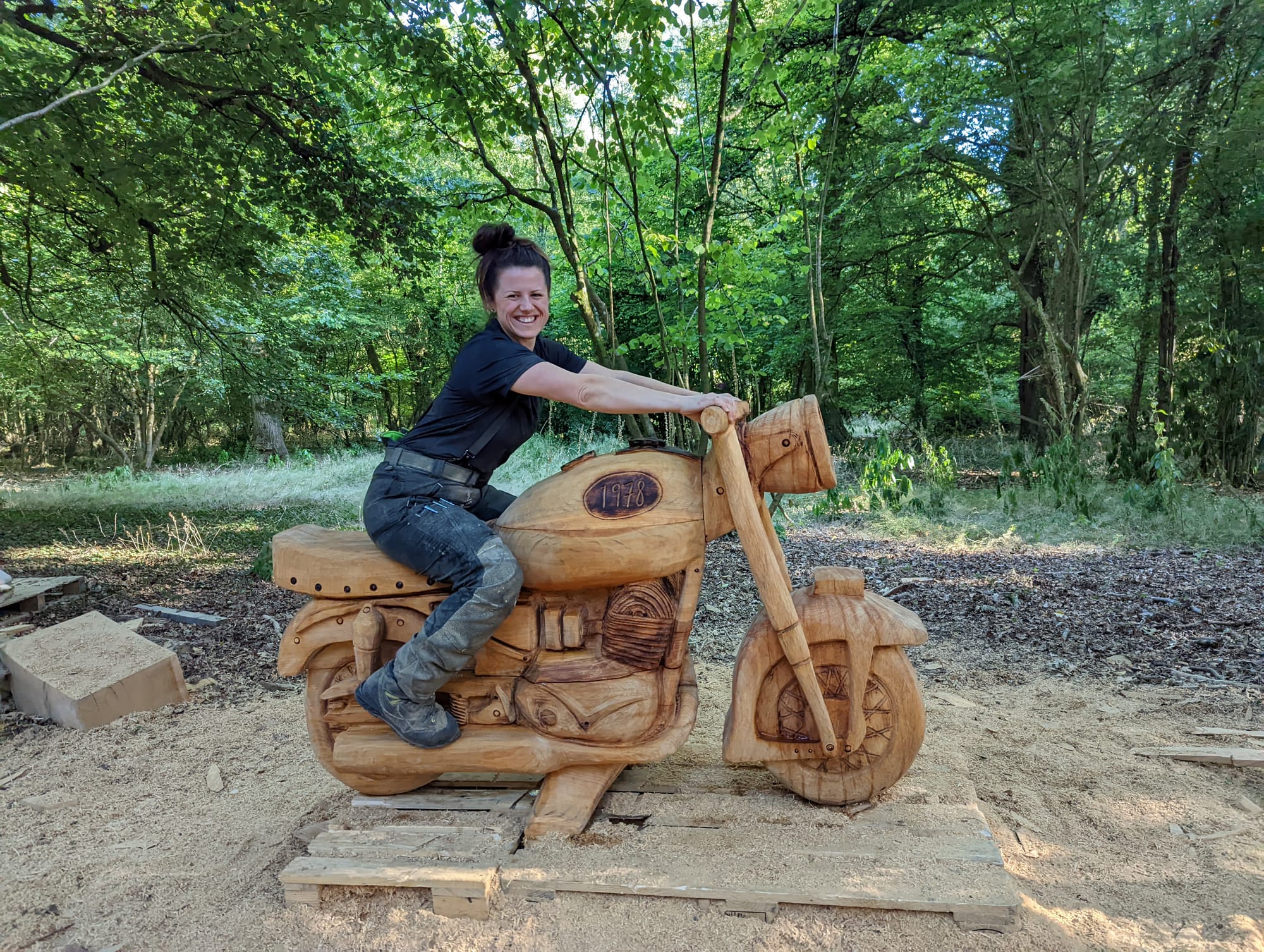
Have you hurt yourself badly?
I have had a few accidents. Mainly when I'm very tired, or I haven't eaten enough food. So, I always make sure I have lots of food with me. I was using a friend's chainsaw once, which was a bit broken, which I have never done ever again since. So, I learned that you have to be really careful with your tools and make sure you use them very safely. I was very young, and I was learning. So, I made an error, which I have very firmly learned from.
What is your favourite type of chainsaw?
I actually have quite a lot of chainsaws, and each of them have quite a lot of different reasons for why I have them. So sometimes they're really big, sometimes they're really little, but there is one that I love a lot, which is a steel chainsaw with a carving bar. It just seems to be that I can achieve the things I want in my brain well with it. So, I'd say that's probably one of my favourites.
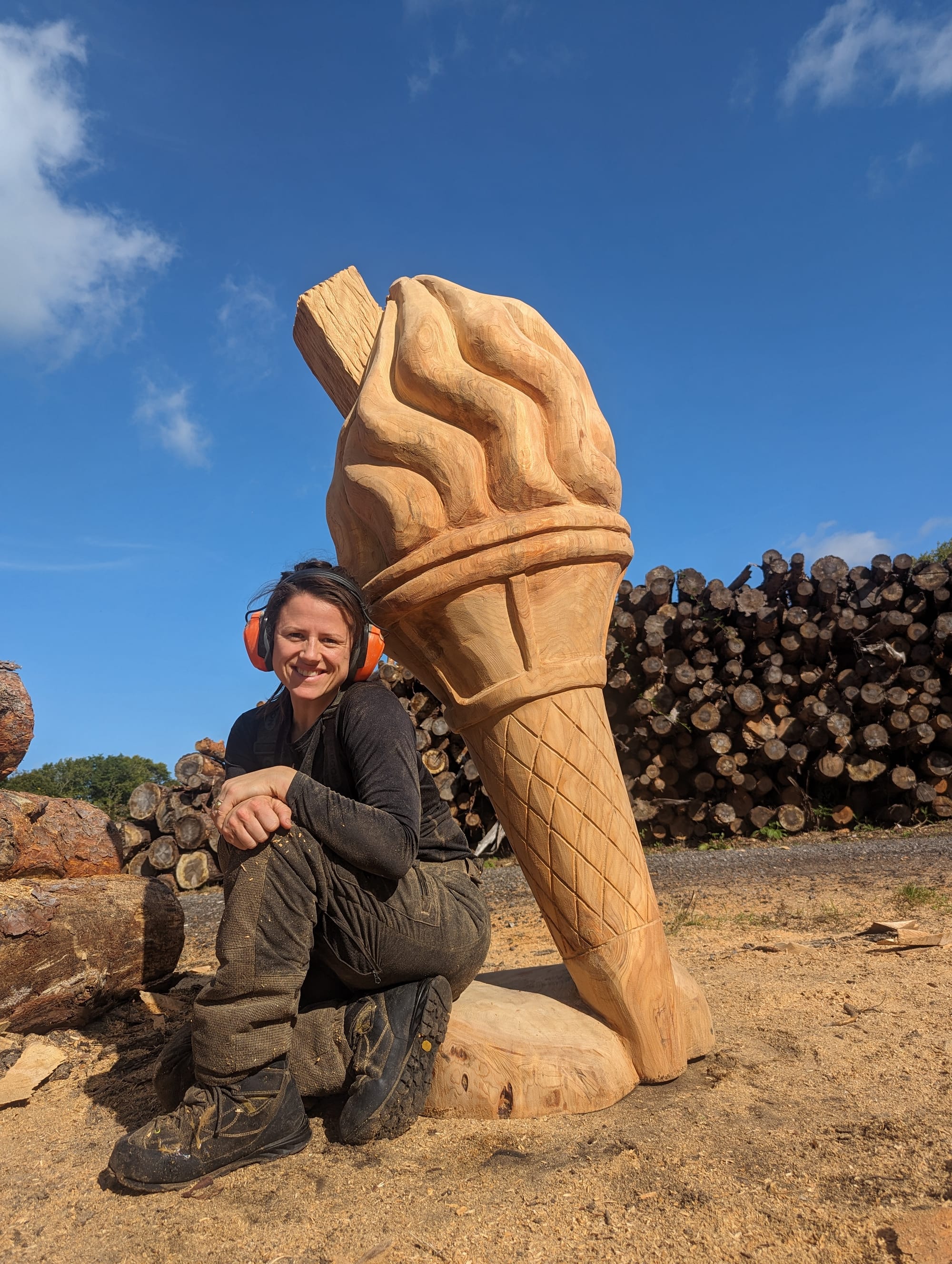
Are you dyslexic?
I sure am. I'm happily proud about it.
What struggles, if any, did you have at school?
I had a lot of struggles at school because I'm in my late thirties, and school was not very good at recognising various ways in which brains work (when I was at school). And so, unfortunately, they thought I wasn't concentrating, or I wasn't making enough effort, or I wasn't trying hard enough. Unfortunately, that wasn't true, but it looked like it to them. For me, dyslexia affects my memory a lot and how I organise my thoughts, my belongings, and my things, knowing not to get distracted. It's tricky when you're trying to do lots of things and you're in a room with lots of people. Also, I think with school, because they didn't know what was going on, they didn't keep your confidence up, because they just think you're not trying very hard. And if you're not very confident and feel stressed, you're not going to be able to do those things because it makes your memory worse. I think we're lucky nowadays that people recognise it a lot more and can see it.
How did you survive going to school?
Well, I ended up leaving mainstream school at 14, and I went to a college setting where I could do my GCSEs over a longer period of time. I did sort of three and then three and then three. I could choose to do all the creative ones. It was an environment that was really positive, happy, and lovely. I then went on to have two degrees. I just took a funny route, but I love education and learning. I didn't love it when I left school, though.
If you could tell a teacher about dyslexia, what advice would you give them?
I think the most important thing is to make students thrive in their environment and make them confident and happy because if you're scared of making mistakes and you know, you make them a lot, you're not going to try. I'm not going to want to do stuff. So, if you feel happy and confident in your space, you're going to be braver in trying to practice stuff. I think that's probably the biggest thing.
Do you have a special message for fellow dyslexics?
We rock. We've got great brains. All my favourite people and some of the most amazing creative people and problem solvers are dyslexics. I don't know what it's like not to have my brain, but there are a lot of people who don't have it, and we have an amazing way of thinking of different ways around stuff and seeing things differently. That's how you get change, inventions, progression, and exciting things that no one knew were there before. So, I think we have a lot to offer. We just have to maybe take a little bit more time.
For our international listeners, what part of the world do you live in? And what is your favourite place that you enjoy there?
I live in England, and I live in a county called Surrey, which is very close to London. I get to have the two lovely sides of it: Amazing green, beautiful forests, and countryside, and I really like going to London to see all of the massive museums and galleries and interesting stuff that we have, too. So, I have a good mix of nature and built-up areas.
What is a fun fact about you?
I once wrote to the Queen and asked her to be my pen pal. I got a very polite reply from Buckingham Palace saying, unfortunately, she's very busy, but here's a load of stationery and things that you can have instead.
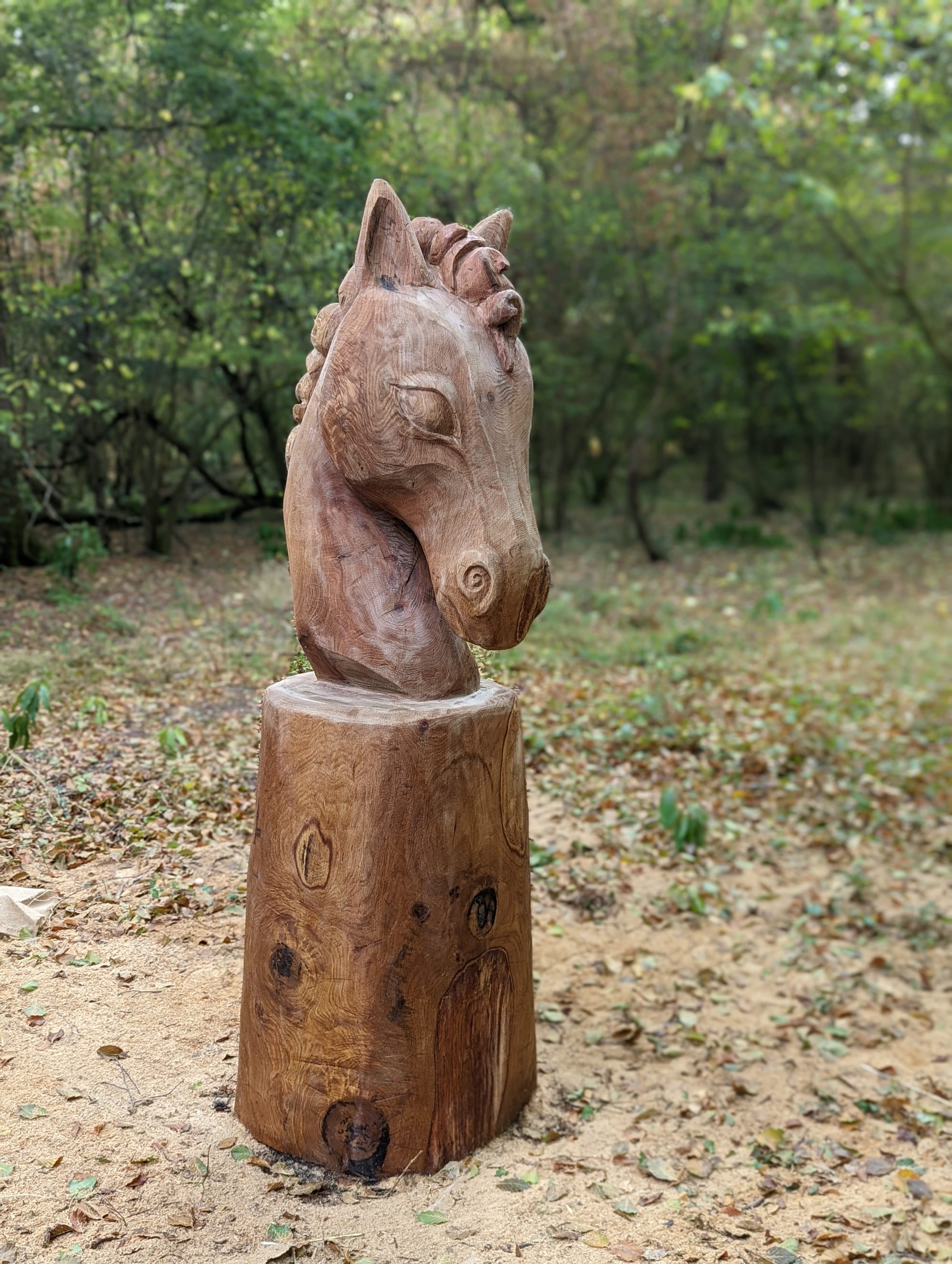
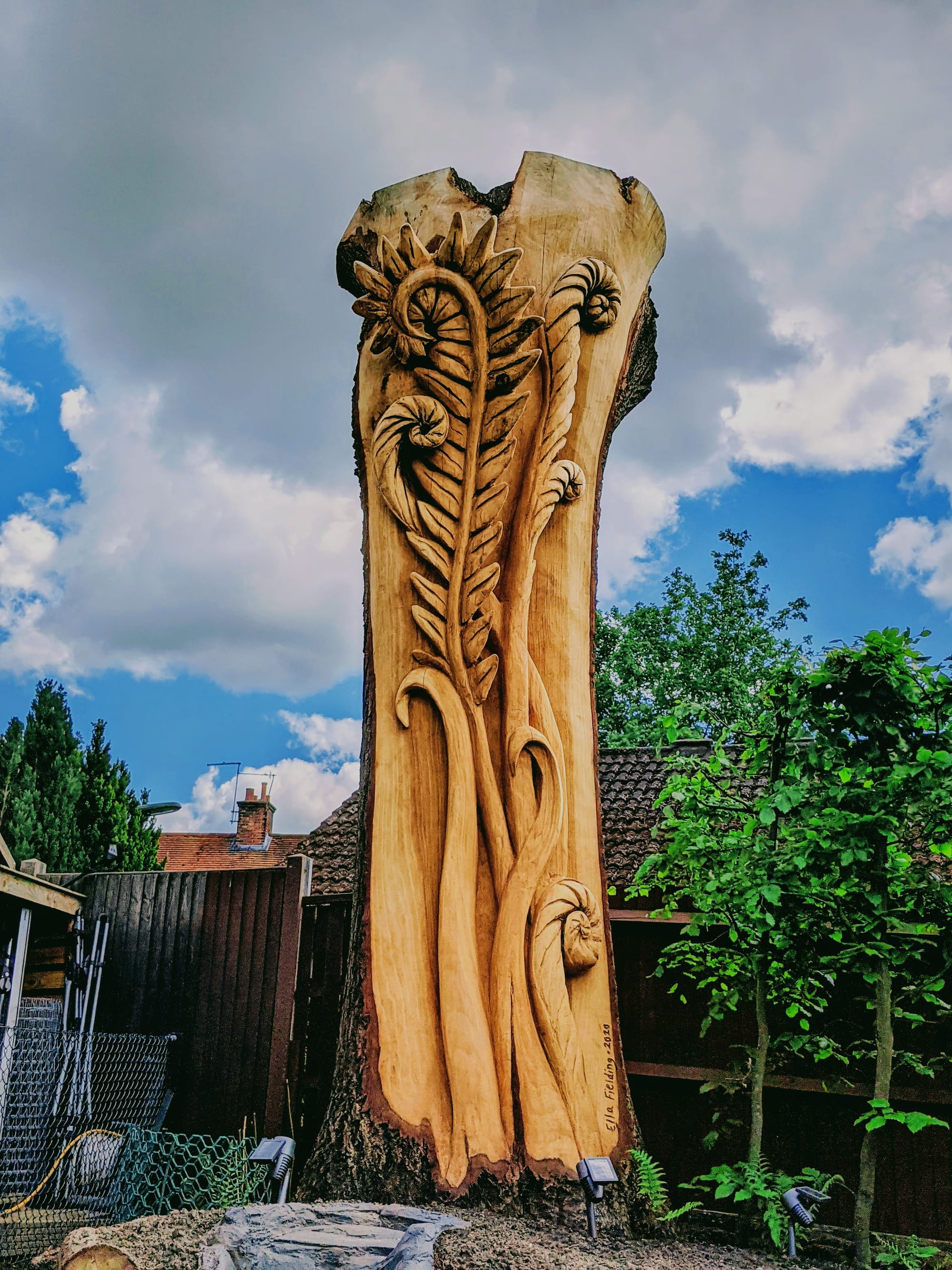
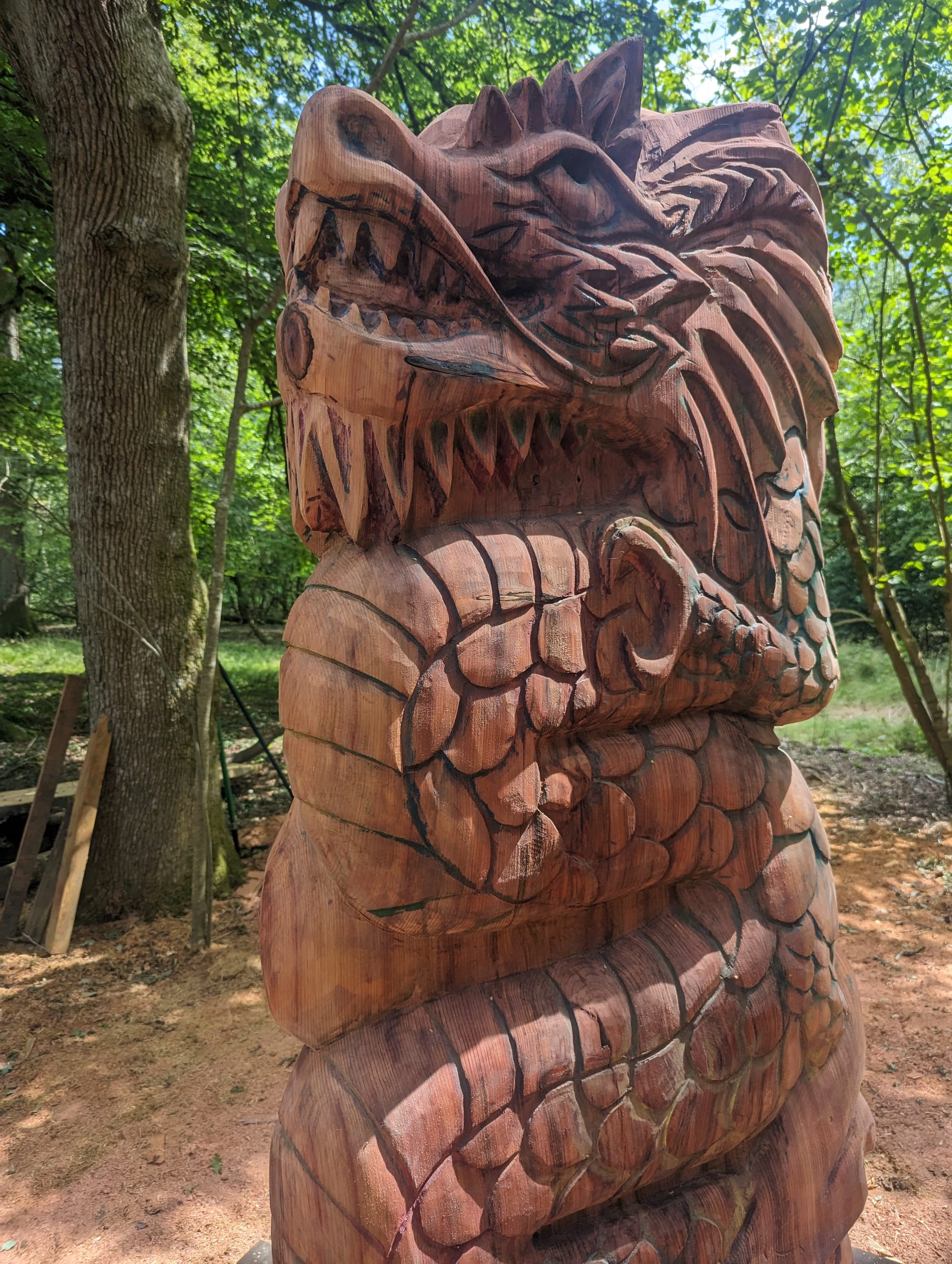
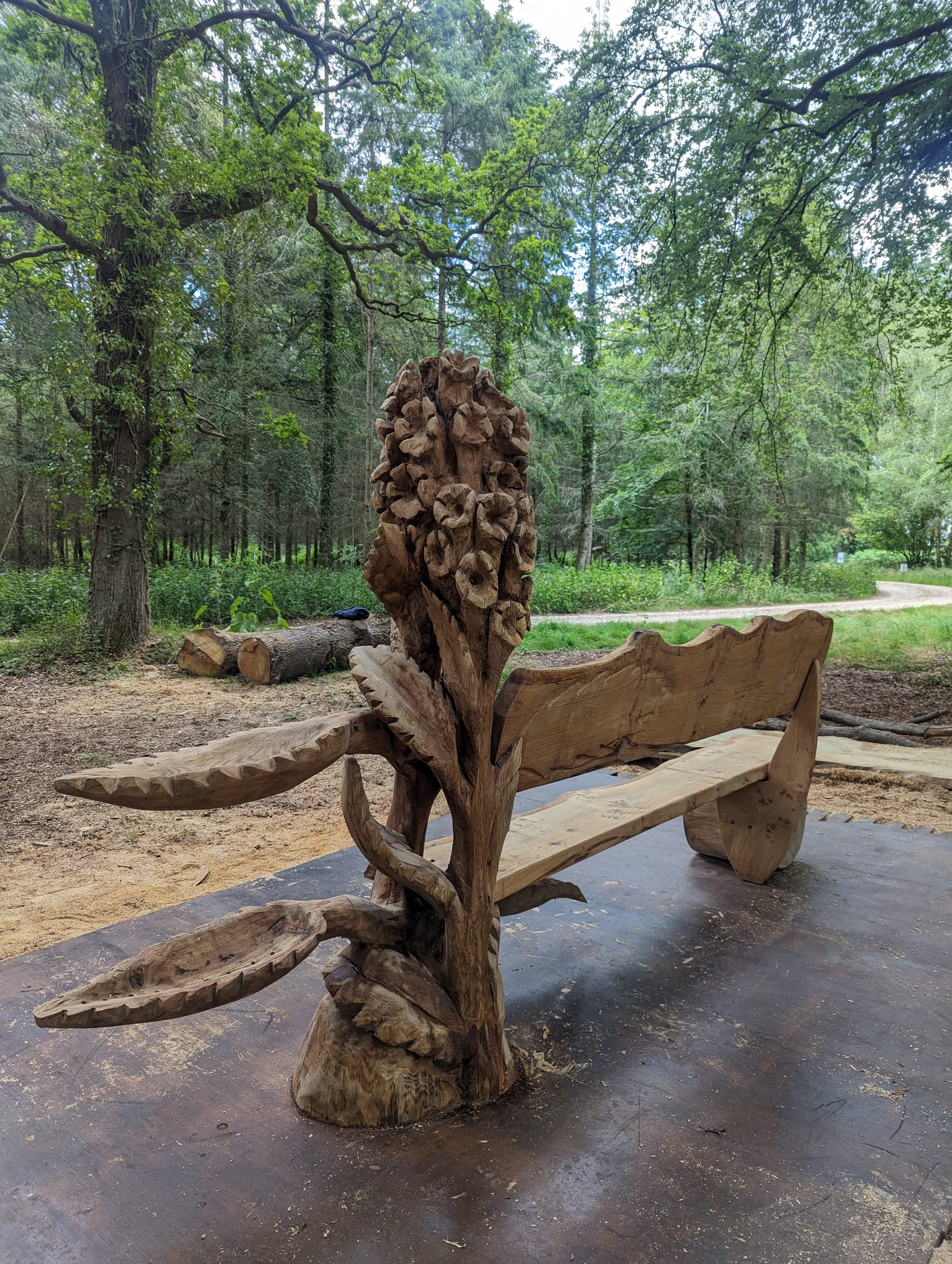
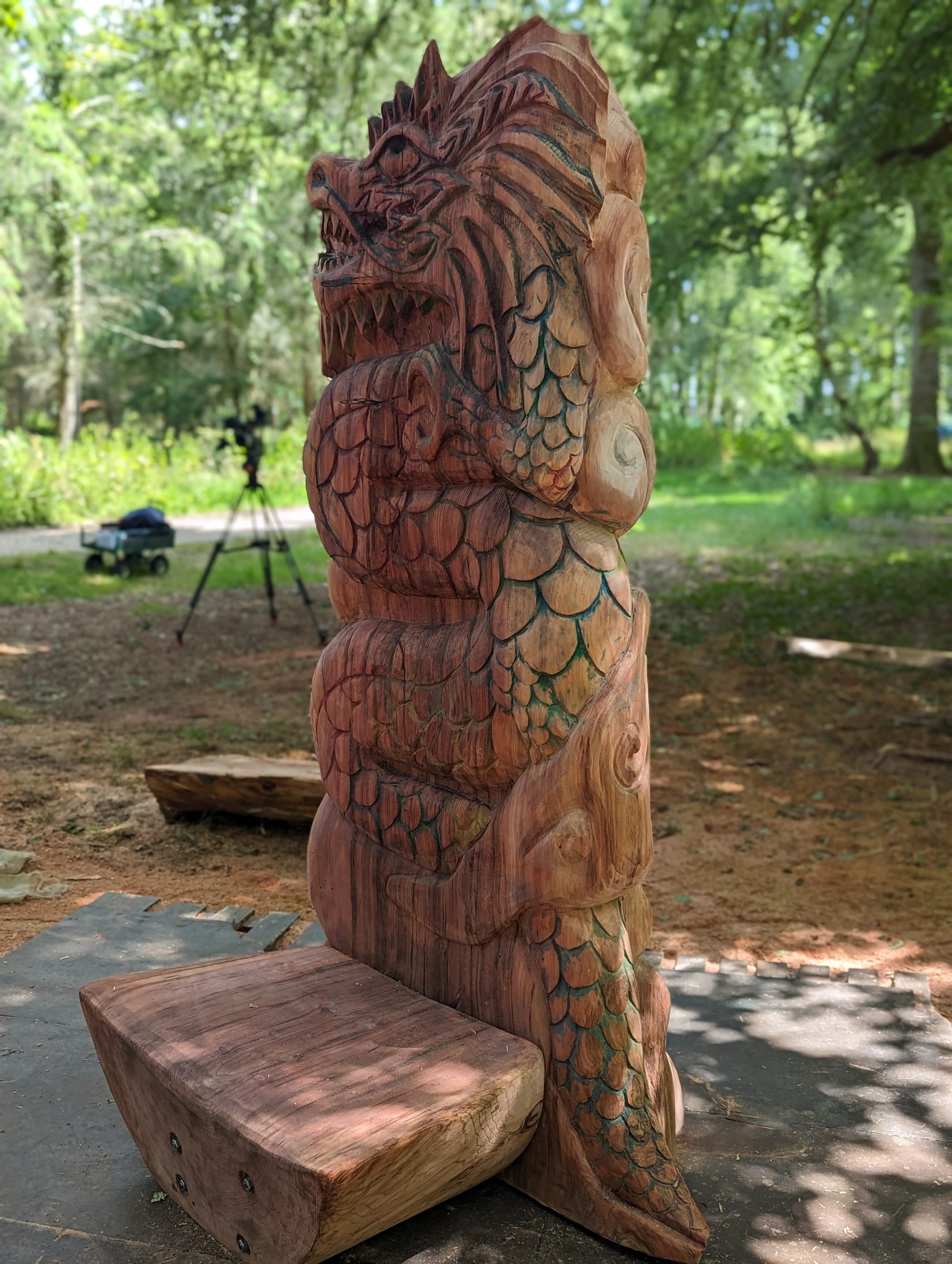
Flynn Eldridge
Dystinct Journalist | Age 10 | Dyslexia, Dysgraphia, and ADHD inattentive | Regional NSW, Australia
Flynn Eldridge
Flynn started homeschooling in 2020 as the result of the COVID-19 lockdown. Flynn homeschools because of school bullying, claustrophobia from the small space in the classroom, and anxiety from his dyslexia and dysgraphia. Flynn finds reporting fun, sometimes scary, and ultra exciting. Flynn likes to dress up as an old-time reporter and ask a range of questions, as that is his style. Flynn builds loads of different lego creations, such as the rainbow spinning-top microphone he uses in the interview. Flynn loves homeschooling because he can be finished by 2 pm and have more playtime. He learns more, his work is better quality, and Flynn is doing better than his dad at math!
Ava Eldridge
Dystinct Journalist | Age 10 | Dyslexia | Regional NSW, Australia
Ava loves art, animals, cooking, her family, playing the piano and she really enjoys reading! Her newfound love of aerial acrobatics keeps her busy. Ava had early intervention for her dyslexia. This intervention helped her be one of the best readers and writers in her class when she was in the early years of school. Ava decided to homeschool with her siblings when the pressure of 'tests' (everyday 'tests'/national testing) started to make her incredibly anxious. Ava embraces her dyslexia strengths such as her amazing long term memory and the empathy she has towards others.
Extracts from Dystinct Magazine
Extracts from Dystinct Magazine















